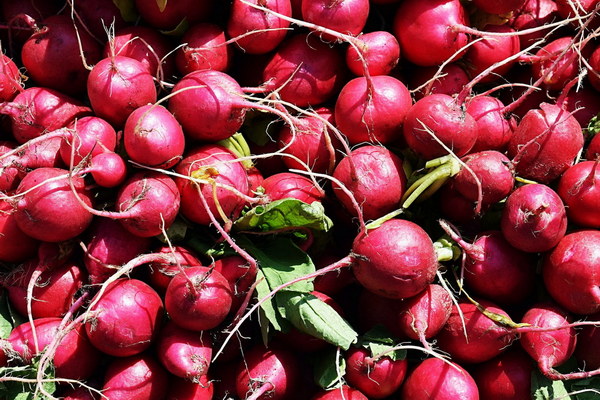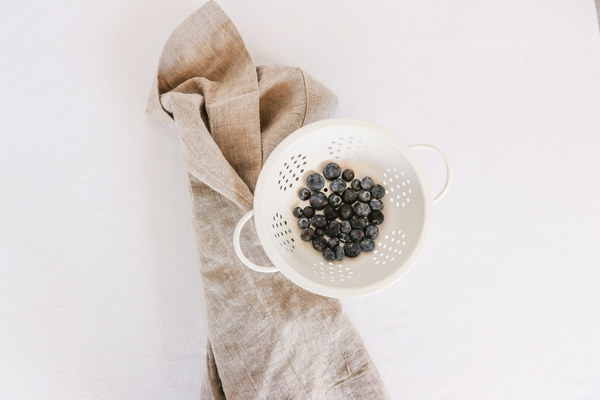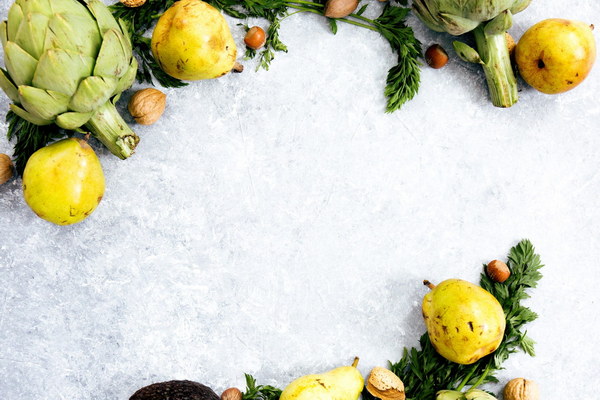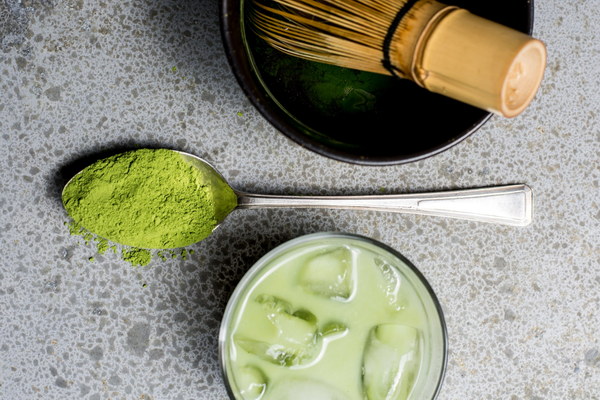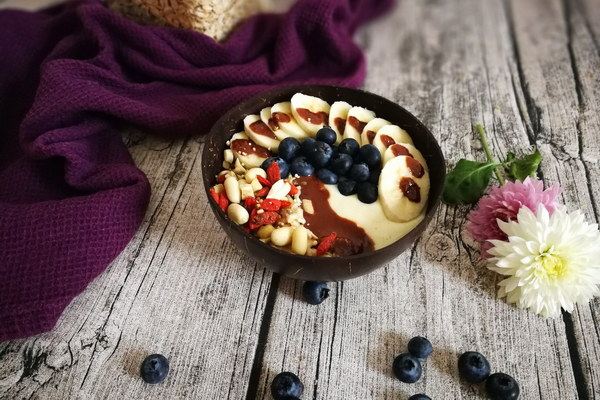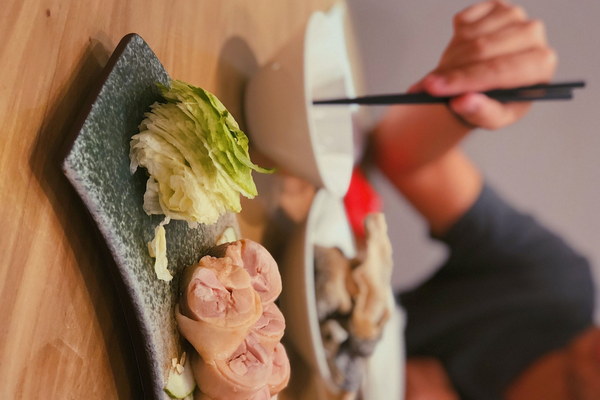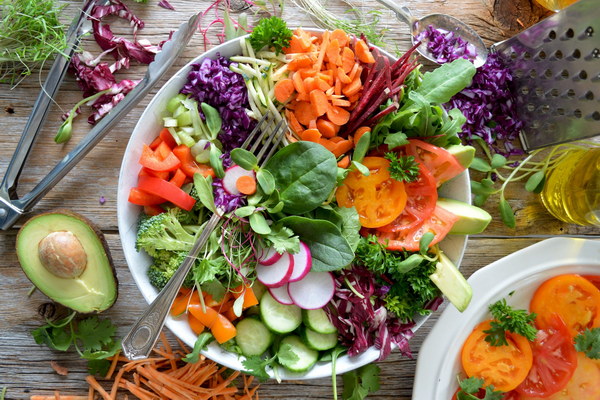The Art of Balancing Moisture Removal and Qi Enhancement A Journey to Holistic Well-being
In the pursuit of health and wellness, many of us are constantly on the lookout for ways to improve our physical and mental well-being. Two of the most important aspects of maintaining a balanced body are moisture removal and Qi enhancement. In this article, we will explore the significance of these two practices and provide insights on how to achieve a harmonious balance between them.
First, let us delve into the concept of moisture removal. Excess moisture in the body can lead to a variety of issues, such as joint pain, fatigue, and weight gain. This is because moisture retention hinders the body's ability to function optimally. To address this, we can adopt several strategies.
One of the most effective ways to remove excess moisture is through diet. Incorporating foods that are known for their diuretic properties, such as cucumber, celery, and parsley, can help the body eliminate excess fluid. Additionally, reducing salt intake and consuming more potassium-rich foods like bananas, oranges, and avocados can aid in balancing the body's water levels.
Physical activity is another crucial component in the battle against excess moisture. Regular exercise, especially aerobic activities, promotes circulation and helps the body expel toxins and excess fluid. Yoga, in particular, can be beneficial for those who suffer from chronic moisture retention, as it helps to improve flexibility and circulation.
Herbal remedies can also be used to facilitate moisture removal. Herbs like dandelion, juniper, and uva ursi are known for their diuretic effects and can be found in various tea blends or as supplements.
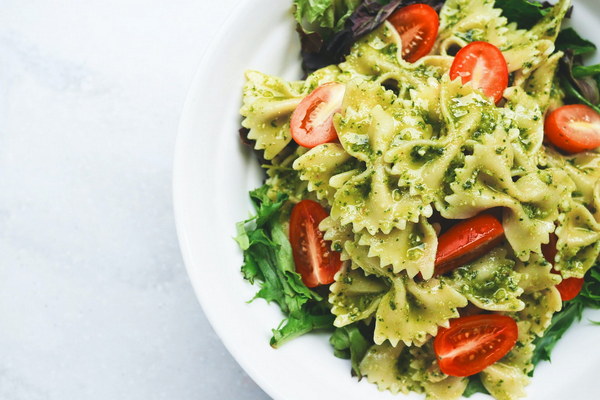
Now, let's turn our attention to Qi enhancement. Qi, also known as vital energy, is the life force that flows through the body and is essential for maintaining good health. When our Qi is balanced, we experience vitality, strength, and emotional stability. However, when Qi is depleted or imbalanced, we may suffer from fatigue, weakness, and other health issues.
To enhance Qi, we can practice various traditional Chinese medicine (TCM) techniques. Acupuncture, for example, involves inserting fine needles into specific points on the body to stimulate Qi flow. This ancient practice has been proven to help alleviate a wide range of ailments, from chronic pain to stress and anxiety.
Meditation and mindfulness practices are also excellent tools for Qi enhancement. By focusing on our breath and clearing our minds, we can improve our energy levels and overall sense of well-being. Tai Chi, a gentle form of martial arts that combines slow, deliberate movements with deep breathing, is another excellent way to balance and enhance Qi.
In addition to TCM practices, there are several lifestyle adjustments we can make to support Qi enhancement. Getting adequate sleep, eating a balanced diet, and engaging in regular physical activity are all important factors in maintaining a healthy Qi.
So, how can we achieve a balance between moisture removal and Qi enhancement? The key lies in understanding the individual needs of our body. It is essential to listen to our bodies and respond accordingly. For instance, if we notice that we are retaining more moisture than usual, we should focus on diuretic foods, herbs, and physical activities. Conversely, if we feel our Qi is low, we should incorporate TCM practices and lifestyle adjustments that support Qi enhancement.
In conclusion, the journey to holistic well-being is a delicate balance between moisture removal and Qi enhancement. By understanding the importance of these two practices and implementing appropriate strategies, we can create a harmonious environment within our bodies, leading to improved health and vitality. Remember, the key is to be patient and consistent, as the body requires time to adjust and respond to these changes. With dedication and self-awareness, we can all achieve a state of balance and wellness.
